Theater Review: ‘Eureka Day’
Mosaic's season of "progressives behaving badly" takes a sharp left turn with the P.C.-puncturing satire "Eureka Day"

Jonathan Spector’s Eureka Day (★★★½☆) stirs up delicious comedy by diving into what must be one of the craggiest pitfalls of modern parenting: having to deal with other parents. The moms and dads at the play’s progressive Eureka Day School in Berkeley might make every attempt to be absolutely fair, inclusive, and sensitive to any and all firmly-held beliefs, but judging by the parents on the school’s contentious executive committee, personalities, and ingrained politics will always get in the way.
The executive committee, presided over by Birks-wearing boho Don (Sam Lunday) and pleasantly officious Suzanne (Lise Bruneau), has added a level of difficulty to their negotiations, choosing to rule on decisions not by a vote, but by consensus. No matter how much Suzanne or single mom Meiko (Regina Aquino) or wealthy tech-bro Eli (Elan Zafir) might disagree on some finer point about, say, creating a more “comprehensive” list of racial and ethnic options for the school application drop-down menu, they’re compelled to hear each other out and at least consider opposing viewpoints. At least, that’s the idea.
The joke of the first act is that, though compelled to listen with open minds, these parents usually lead with open mouths. Especially as observed by relatively quiet lesbian mom Carina (Erica Chamblee), the members of the committee routinely interrupt and talk over each other, often dismissing or disputing opposing arguments with scarce attention paid to fairness. Ever mindful not to offend, they’re all still capable of steamrolling over anyone who doesn’t agree with them.
Director Serge Seiden stages the committee’s bristling powwows with a briskly paced comic élan carried off collectively by a solid cast. Mosaic Theater’s five-piece ensemble captures the script’s rhythms of real conversation and studied civility, within the heightened context of big personalities and hot-button issues. The chief issue drawing the committee’s rhetorical fire for the bulk of the play is the debate over whether students at Eureka Day should be required to be vaccinated in order to attend. And even before an outbreak of mumps among the student body transforms the issue from rhetorical to a practical matter of life, death, or injury, the debate explodes throughout the school’s community of politically correct parents.
At progressive Eureka Day, that explosion manifests online as a virtual community meeting that’s livestreamed on Facebook by the executive committee. The so-called “community-activated conversation” is hilariously staged with a screen overhead displaying every pithy or bitchy comment from those parents gathered round the web to hear the executive committee explain that mumps is running rampant at Eureka Day, and that nearly half the kids haven’t been vaccinated. Despite the risks, the board’s righteous leader Suzanne crusades against any requirement to vaccinate, while newcomer Carina asserts her voice on the committee to advocate for ensuring that all students are vaccinated.

Thanks to subtle direction and well-calibrated performances, the conversation stays grounded, rarely lifting off into the realm of blustery preaching. The characters careen off each other around scenic designer Andrew Cohen’s convincing classroom, like any group of posturing private school policy-makers. As the moms who are most in conflict, Bruneau and Chamblee face off wonderfully as comic foils Suzanne and Carina, bringing acute individuality to roles written mostly to type. On the other hand, high-strung mom Meiko walks a fine line between comedy and caricature. Aquino, portraying Meiko’s emotionally loaded role in the debate — and the outbreak — might miss the subtle mark, overplaying the character’s second-act struggle to avoid melting down. But for the most part, the performances create an exciting space for appreciating everyone’s concerns.
Additionally, circumstances in the second act encourage the characters to better practice actively listening, and that encouragement is transmitted to the audience. Remarkably, Eureka Day both lampoons the progressive fervor for diversity and fairness, and thoughtfully puts fair play into practice by presenting strong cases on either side of the vaccination debate. It becomes possible to hear divergent arguments for and against the science of vaccinating children, without immediately jumping to conclusions. Eureka Day cleverly probes our culture’s self-satisfied tendency towards certainty, in a world where we can’t even be certain to agree on which facts are facts.
Eureka Day runs through January 5 at the Atlas Performing Arts Center, 1333 H St. NE. Tickets are $35 to $65. Call 202-399-7993, ext. 2 or visit www.mosaictheater.org.
Support Metro Weekly’s Journalism
These are challenging times for news organizations. And yet it’s crucial we stay active and provide vital resources and information to both our local readers and the world. So won’t you please take a moment and consider supporting Metro Weekly with a membership? For as little as $5 a month, you can help ensure Metro Weekly magazine and MetroWeekly.com remain free, viable resources as we provide the best, most diverse, culturally-resonant LGBTQ coverage in both the D.C. region and around the world. Memberships come with exclusive perks and discounts, your own personal digital delivery of each week’s magazine (and an archive), access to our Member's Lounge when it launches this fall, and exclusive members-only items like Metro Weekly Membership Mugs and Tote Bags! Check out all our membership levels here and please join us today!








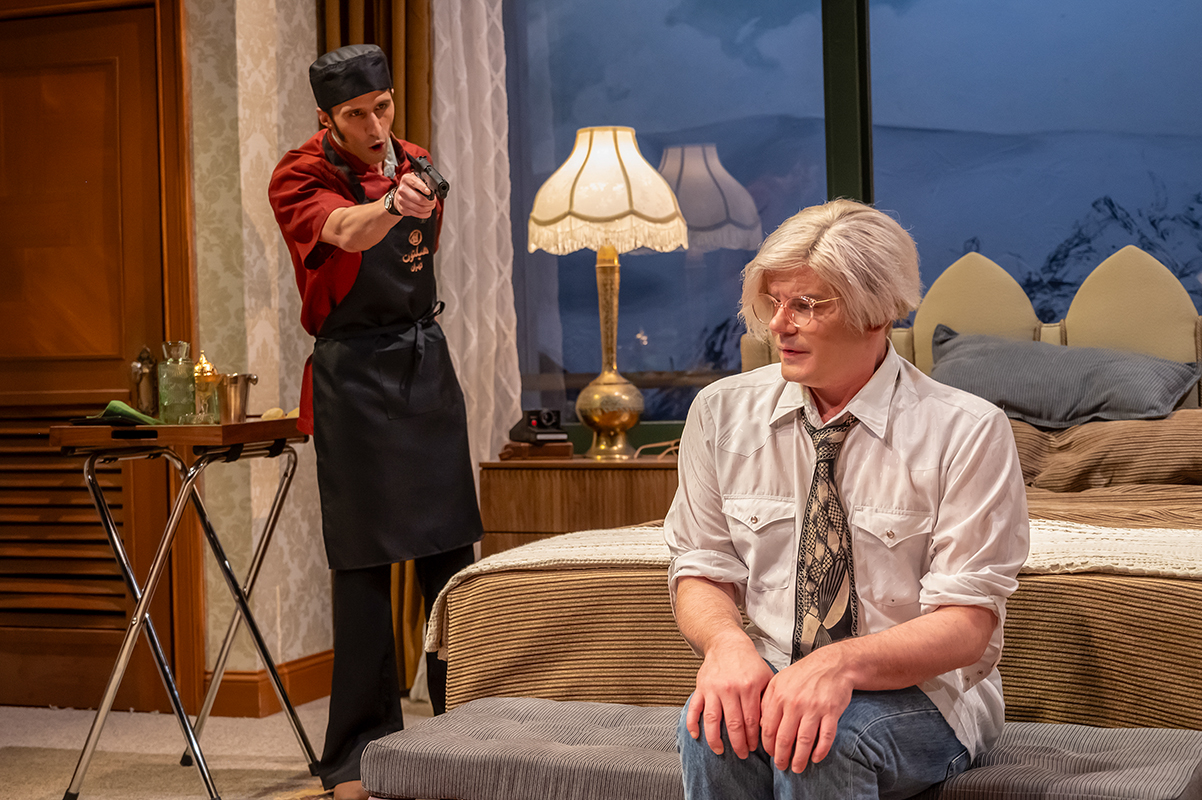














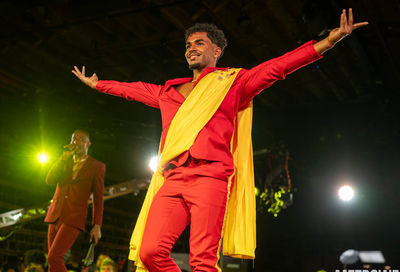
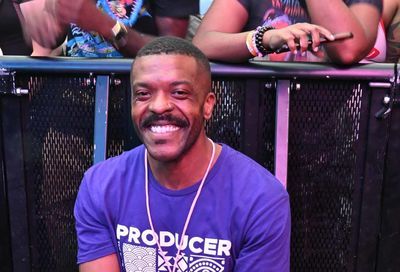


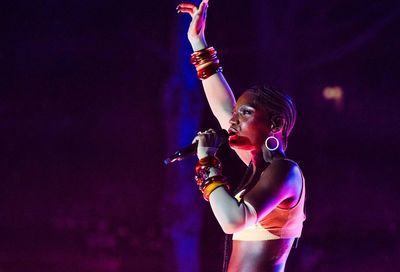
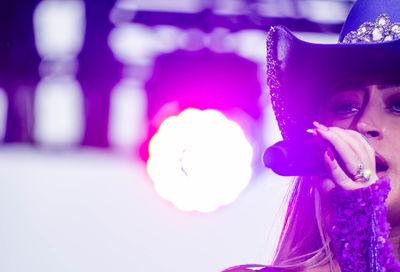




You must be logged in to post a comment.